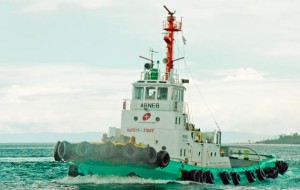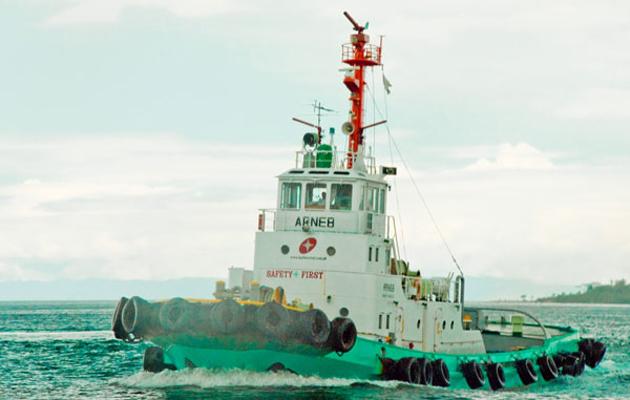 Listed company Harbor Star Shipping Services, Inc. is taking a step forward in its drive to expand its business portfolio and overseas presence.
Listed company Harbor Star Shipping Services, Inc. is taking a step forward in its drive to expand its business portfolio and overseas presence.
In a disclosure filed with the Philippine Stock Exchange (PSE), Harbor Star said its Board of Directors on July 17 approved the amendment of the Second Article of the company’s Articles of Incorporation seeking to change the firm’s primary and secondary purposes.
Harbor Star’s primary purpose will be revised to include international towage, commerce and navigation in the carriage of goods and passengers, as well as international manning, recruitment, contracting, and ship and crew management for all types of vessels.
Secondary purposes, on the other hand, will include the following: operate liner and feeder vessels and barges; invest in, develop, manage, and operate in domestic and international shipyards, ports and terminals; import, export, trade, buy and sell coal, oil, bunker, construction material, rice, corn and other commodities; engage in offshore marine and engineering works; construct and rehabilitate marine facilities; and acquire, invest, manage and develop real estate property.
The amendments are still subject to approval by the company’s stockholders.
Harbor Star’s overseas foray started in 2013 when it bought 45% of Peak Flag Sdn Bhd, a Malaysian marine services provider.
In June, Harbor Star president Geronimo Bella, Jr. said the company recently bid to provide tugboat assistance services in Johor and Tanjung Pelepas in Malaysia.
The company is also eyeing projects in Malaysia, Indonesia, Vietnam, Papua New Guinea and Myanmar.
Asian Terminals’ overseas operations
Meanwhile, port operator Asian Terminals Inc. (ATI) on July 7 received the approval to amend its Articles of Incorporation allowing it to engage in overseas operations.
ATI, in an earlier disclosure with the PSE, said the amendment will allow the company to, among others, handle containers, bulk liquid and dry cargoes; operate refrigerated warehousing facilities; and engage in warehousing, stevedoring, lightering, towing, and storing of cargo handled. – Roumina Pablo
Photo from www.harborstar.com.ph





